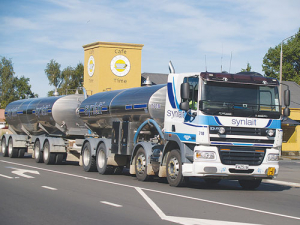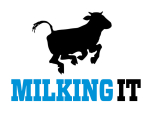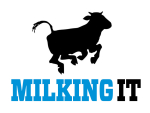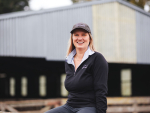“The technology has not yet been broadly publicly released,” he says.
“It is being developed by an organisation in the Netherlands and it is fed to animals in a feedstock. They have evidence over many years of testing to show it will result in a 30-60% reduction in methane in animals’ rumens.
“They have lots of peer-reviewed papers and evidence that it is absolutely possible.
“It has been designed for the barn-fed farming system in Europe so it is an experiment for NZ.
But the product has been tested on farms here and they are getting really good results so we are looking forward to being one of their early commercial partners to pioneer this product within our systems.”
Methane is about 60% of Synlait’s onfarm impact, Reid says.
“There is a lot of media attention on methane being a short-lived gas and perhaps not being the priority over the other two major gases – nitrous oxide and carbon dioxide. But we think as minimum methane should be contained and in the best case reduced, so that is why we have set a strong target to reduce methane.
“There is a symbiotic relationship between nitrous oxide reductions which we have proven [reducible] on best-case farms.”
This could also result in gains in addressing methane.


















